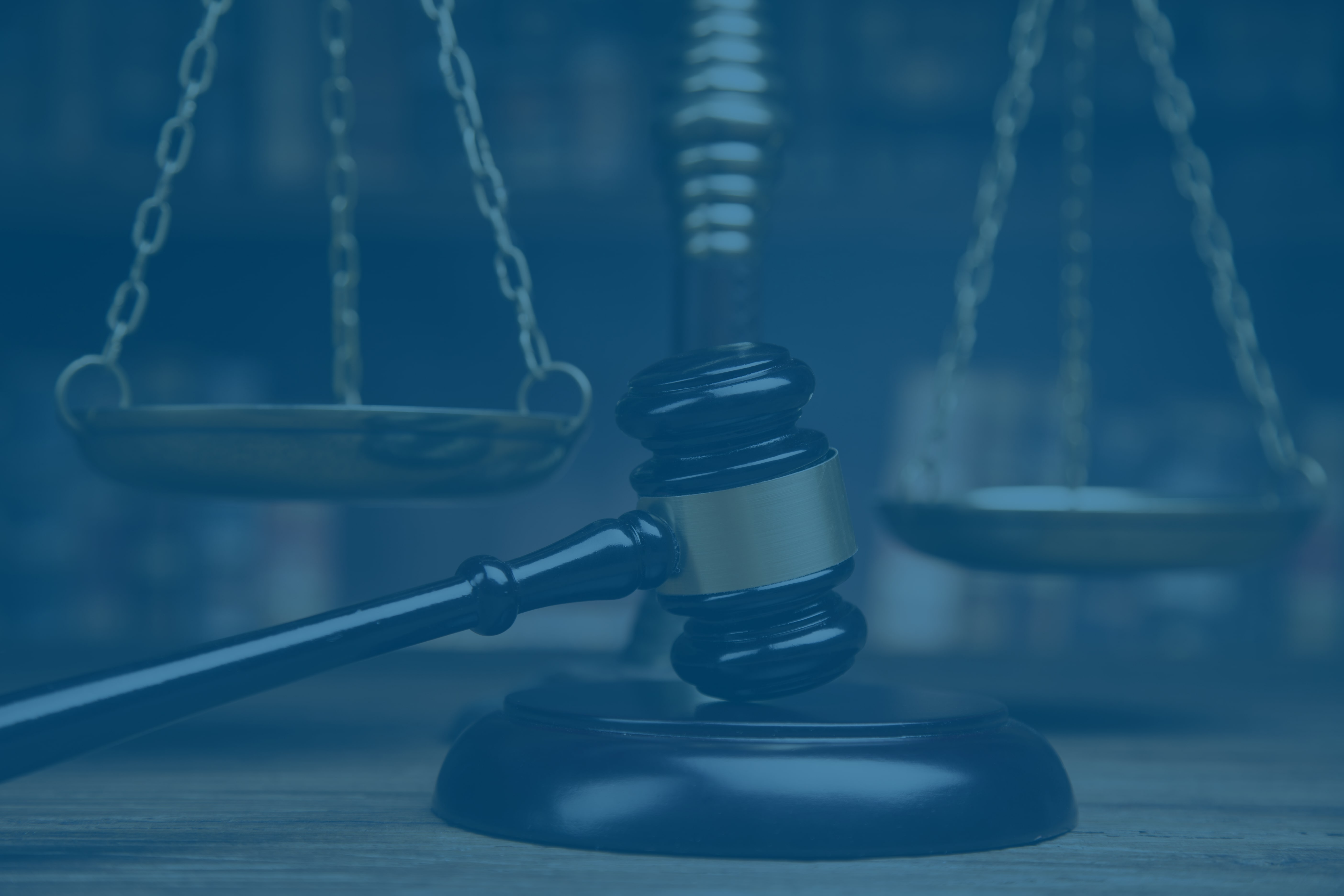
paigebaltes732
About paigebaltes732
Compensation law in the UK serves to help individuals who suffered injuries due to negligence or wrongful actions of another party. It establishes guidelines for seeking financial redress when someone is injured in different circumstances, such as traffic collisions, workplace injuries, clinical malpractice, or public liability incidents.
When a judgment favors the claimant, the court grants financial damages aligned with the impact of harm. Payments may cover general damages and special damages for lost wages, medical costs, and physical recov
However, if the opposing party rejects the ruling, they may challenge the decision in a judicial review process. Appeals are submitted within designated deadlines and must present valid reasons for reconsiderat
Cases may be examined in different court tracks, depending on severity. The Small Claims Track handles low-value cases and is simpler with minimal solicitor involvement. The standard litigation path is for claims up to £25,000 and involves legal supervision. The high-value dispute system handles cases exceeding £25,000 and often includes expert witnes
The amount received in a personal injury case varies. Legal authorities and insurance companies consider injury severity, long-term effects, economic losses, and who was responsible when determining the pay
Personal injury law in the UK adapts to new developments, with legislation and court rulings shaping the claims process. Being aware of laws is crucial for anyone seeking damages, as it helps claimants navigate the system efficien
Changes to liability rules have also been introduced. Some jurisdictions have adopted new comparative negligence standards, modifying how compensation is calculated. This impacts cases involving shared fault, adjusting compensation proporti
Agreeing to an undervalued payout without evaluating options is another mistake claimants often make. Some insurance companies make initial payout proposals that do not reflect full damages. Once accepted, it becomes difficult to claim additional compensat
Another significant mistake is failing to visit a doctor. Some claimants believe their injuries are minor, only to later discover that long-term health issues develop. Professional evaluations serve as crucial evidence, and if missing, defendants could dispute the cl
Another misjudgment concerns online activity. Some claimants share information about their case on social media, which might be leveraged by insurance adjusters to challenge the claim. Keeping case details private helps prevent complicati
In most cases, personal injury disputes are resolved before reaching court through compensation discussions with insurance companies. However, when settlement cannot be reached, the matter moves forward to litigat
To win in a personal injury claim, the claimant must demonstrate that the responsible party had an obligation to prevent harm, failed to meet legal standards, and caused an injury as a direct result. Solid evidence is necessary for supporting a claim, including medical assessments, statements from observers, official records, and professional evaluations. If a claim is successful, the claimant may receive financial compensation for both pain and suffering, as well as financial damages, such as lost wages and medical expen
The initial phase of court proceedings is issuing a claim. The claimant submits official forms, including a Particulars of Claim and proof of injury. The defendant then files a defense, either accepting liability or contesting. If no resolution is reached, the case advances to judicial rev
A frequent misjudgment is filing paperwork late. Most personal injury cases have strict time limits, often a set number of months from the date of injury. Failing to act within the deadline can result in case dismis
Legal settlements is provided through different payment structures: one-time payouts and structured settlements. Immediate compensation allow victims to get their money in a single payment, while installment-based compensation provide ongoing financial supp
Securing personal injury money requires negotiations between solicitors and insurance adjusters. Some settlements resolve through negotiations, while others proceed to litigation. Victims should have strong legal representation to ensure fair compensat
Personal injury compensation differs depending on the extent of the harm and its impact on their life. If you treasured this article and you also would like to receive more info about 1to1Legal.co.uk please visit the website. Judicial College Guidelines help courts determine fair payouts. Compensation is divided into payments for suffering and financial reimbursements, covering hospital bills, rehabilitation costs, and wage reductions. In severe cases, future medical needs can be factored into settleme
Personal injury degrees incorporate practical training through legal simulations, mock trials, and internships. This experience builds confidence in legal procedures and improves negotiation techniq
In conclusion, compensation regulations continues to change, with new regulations affecting legal proceedings. Understanding these legal shifts is crucial for injured individuals seeking redress. With ongoing legislative adjustments, victims must stay informed to navigate the system effectiv
Employment prospects for degree holders cover various industries. Many enter law firms specializing in compensation claims, while others work for insurance companies on liability cases. Some legal professionals seek positions in policy development, shaping legal refo
No listing found.
